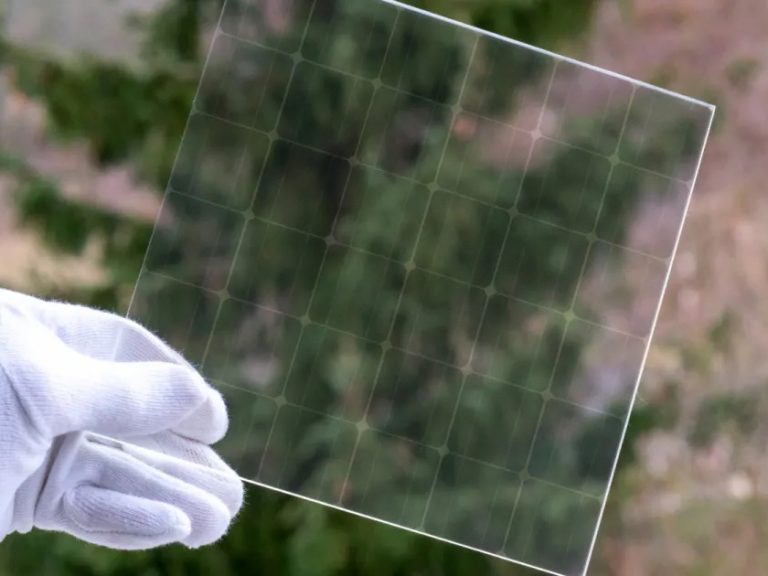Research projects


ELFO 2.0
Project
The project lasting 24 months and funded under the POR FESR 2014-2020 of Piedmont was carried out with the contribution of resources from the European Regional Development Fund (ERDF), the Italian State and the Piedmont Region.

Design of photovoltaic electrochromic windows for the energy saving of buildings
The innovative technology developed makes it possible to superimpose flexible photovoltaic (PV) modules on electrochromic (EC) windows, in order to integrate the photovoltaic elements into building components (PV-EC), while maintaining the transparency of the glass.
This allows to take advantage of the windows, to improve the comfort of buildings and produce electricity, with an energy saving of 10 – 15% and the possibility of controlling this system even remotely.
The system integrates wireless control nodes of active PV-EC windows, to allow real-time interaction with the environment, adapting it to the needs of the building in terms of light flow and shielding from sunlight.
The wireless technology used drastically simplifies the installation of the measurement system, reducing installation time and costs, thanks to the complete elimination of wiring.
The entire monitoring and control system can be interfaced with the supervision software (or any BMS), through standard protocols and allows to remotely manage the desired environmental parameters.
Elettrorava, as Lead Partner, coordinated the project and designed and built a pilot plant for the vapor phase deposition (RF Sputtering) of photovoltaic and electrochromic films
Capetti Elettronica was responsible for the design and construction of the window brightness control module and the high efficiency inverter module, for the conversion of photovoltaic energy.
Tomware has defined the architecture of the surface control system, through various PV and EC functions, detection and control devices, study of the dialogue between the various devices, through wireless protocols and various platforms for viewing and consulting data.
Azzimonti, company specializing in the construction of high-security structural facades and interiors, was responsible for the assembly of PV-EV windows and verification of compliance with regulations.
The Department of Applied Science and Technology of Turin Polytechnic (DISAT) has contributed with the study of nanostructured materials, and the design and construction of microsystems for electromechanics and the study of innovative materials.
Proponent and Lead Partner
project partners
Contract Research Partners
End users

Progetto di Ricerca POR-FESR 2014-2020, Obiettivo tematico 1, Azione I.1.b.1.2, Bando Poli di Innovazione, Acronimo: ELFO 2.0 – “Progettazione di Finestre Elettrocromiche Fotovoltaiche per il risparmio energetico degli Edifici”.

